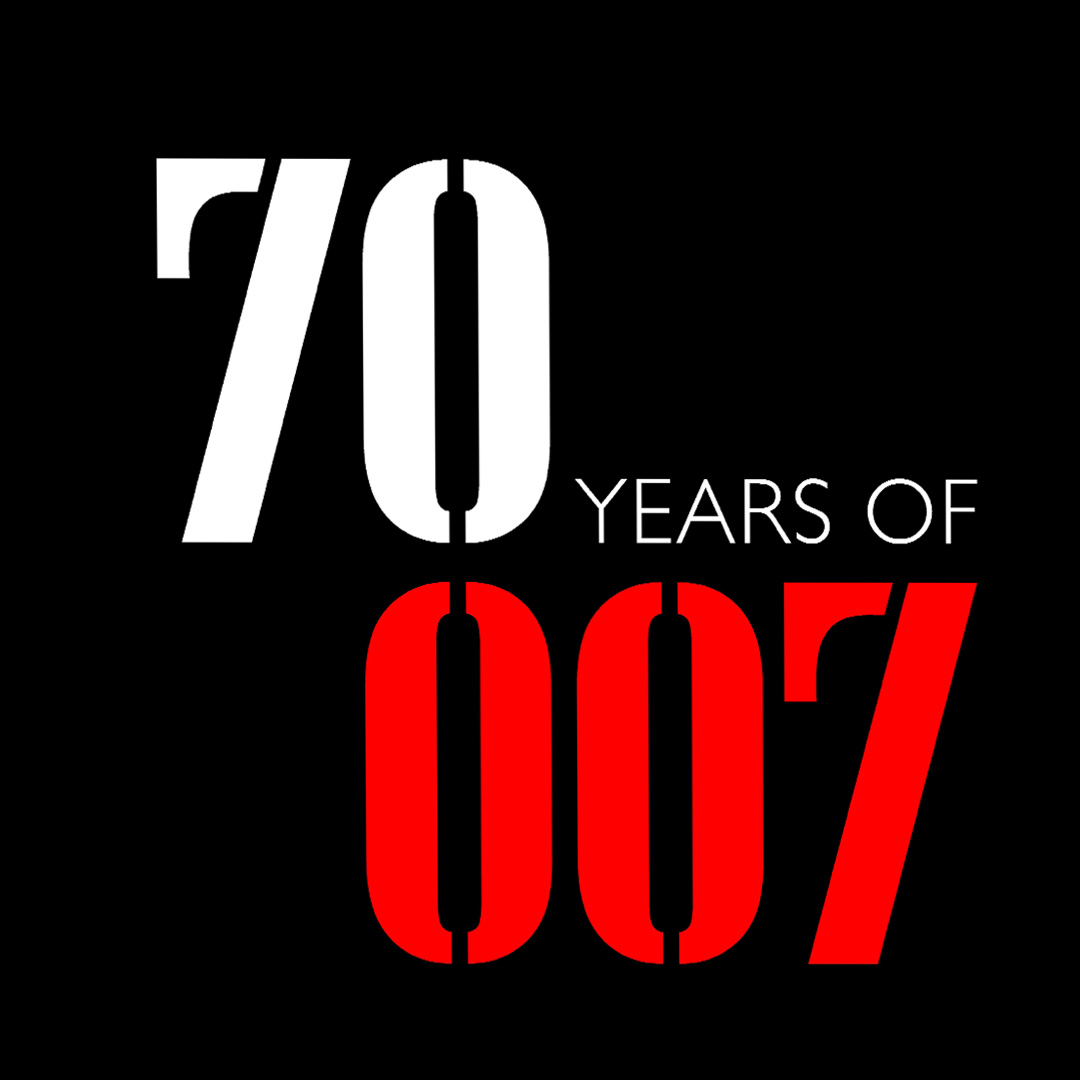Literary Bond rights holder responds to media reports that original Fleming texts have been updated.

Over the weekend it was widely reported that new editions of Ian Fleming’s James Bond novels have been updated to remove racist language. The news caused an uproar among many fans who believe the original texts should remain as they were, despite using terms that most people today regard as blatantly racist and unacceptably offensive.
Last night Ian Fleming Publications issued a statement clarifying both their reasons for making the changes and the extant of the updates. We have reproduced it in full below:
A Statement on the Changes to the New Editions of Ian Fleming’s Bond Stories
In 1953 when Ian Fleming began to write his second James Bond novel, Live and Let Die, a youthful Queen Elizabeth had just ascended the throne, Winston Churchill was Prime Minister and Jamaica, where much of the plot is set, was still nine years away from gaining its independence from the British Empire. In short, the world was a very different place than it is now.
Published a year later in Britain, Fleming’s text drew little comment from his editors. Yet, ahead of publication in the US in 1955, Al Hart, editor at Fleming’s US publisher, Macmillan, suggested a number of changes to Live and Let Die. Some of these corrected minor factual errors. Others deleted or changed passages or words Hart felt were racially troubling, even then. Fleming approved all the changes and the version of Live and Let Die published in America was therefore different from the British edition, and from his letters, it seems Fleming preferred the amended US version.
In 2017, when Vintage published a hardback edition of Live and Let Die, a version of the US text was used with an introduction explaining the changes. We have retained these changes.
Last year, Fleming’s books came home. Ian Fleming Publications Ltd, the Fleming family company that owns the literary copyright in his books, announced plans to publish them under its own imprint for the first time. Our first decision was to mark the 70th anniversary of the original publication of Casino Royale, the first Bond novel, by publishing new editions of all the Bonds. Paperback editions with brand new cover designs will be available from April 13th, and eBook versions are already available.
With that decision, came a discussion. As the author’s literary estate and now publishers, what responsibility did we have, if any, to review the original texts? We consulted with a number of external parties but ultimately decided that, rather than making changes in line with their advice, it was instead most appropriate to look for guidance from the author himself. The original US version of Live and Let Die, approved and apparently favoured by Ian, had removed some racial terms which were problematic even in mid-1950s America, and would certainly be considered deeply offensive now by the vast majority of readers.
We took that as our starting point, but felt strongly that it was not our role to comb out every word or phrase that had the potential to offend. We thus decided to apply the sensibilities of the original US edition of Live and Let Die consistently, across all the texts. Some racial words likely to cause great offence now, and detract from a reader’s enjoyment, have been altered, while keeping as close as possible to the original text and the period.
The changes are very small in number. Indeed some books, including Casino Royale, remain completely unaltered. We are certain Ian Fleming would approve these edits, just as he approved the changes to the US edition of Live and Let Die, and we encourage people to read the books for themselves when the new paperbacks are published in April.
In James Bond, Ian Fleming created one of the most famous literary characters in history. His books deserve to be read and enjoyed as much now as when they were written. We believe the new Bond editions will extend their pleasure to new audiences. We are certain that is something Ian Fleming would have wanted.
Written on behalf of the Fleming Family










